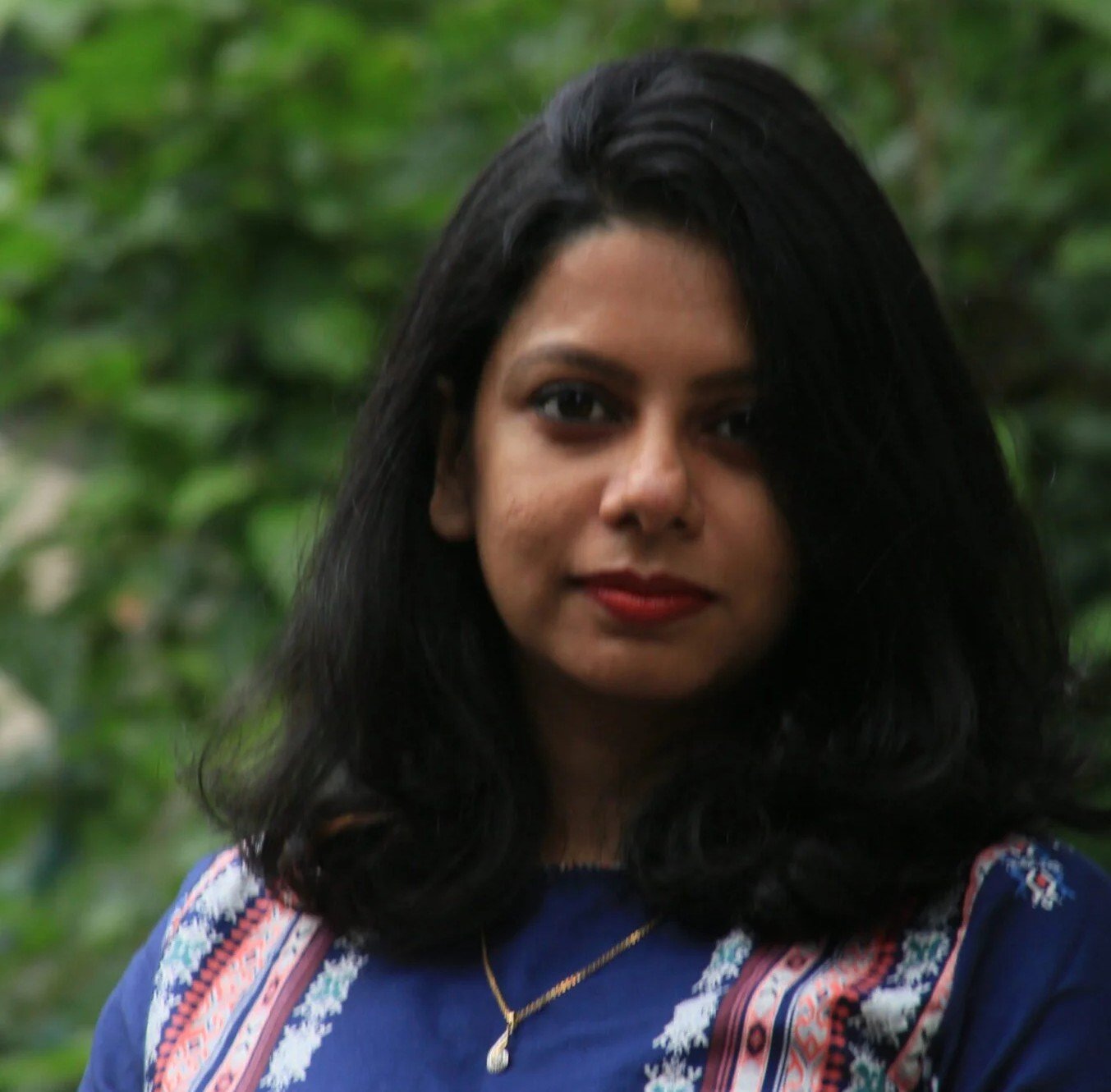Research Spotlight
In 2025, Sabah saw the completion of two long-term projects close to her heart, an edited volume titled A People’s History of the Farmers’ Movement, 2020–2021 (Routledge, 2025) and a special issue for Psychoanalysis, Culture & Society on ‘Psychoanalytic Perspectives from South Asia’ (Volume 29, Issue 4, December 2024)
Research Spotlights
In 2025, Sabah saw the completion of two long-term projects close to her heart, an edited volume titled A People’s History of the Farmers’ Movement, 2020–2021 (Routledge, 2025) and a special issue for Psychoanalysis, Culture & Society on ‘Psychoanalytic Perspectives from South Asia’ (Volume 29, Issue 4, December 2024)

writer researcher and psychotherapist
Sabah Siddiqui
I’m Sabah Siddiqui, a writer, researcher, and psychotherapist. I completed my PhD at the University of Manchester, where I studied faith healing practices and the ways in which science and tradition converge in mental health care. I’ve long been drawn to the contours of what counts as knowledge, including the place of fiction in social research. Ghost stories, in particular, have stayed with me, offering ways to think about what haunts us, individually and collectively. My monograph, Religion and Psychoanalysis in India, was published by Routledge in 2016, and my doctoral thesis carried forward this work under the title Faith Healing at a Muslim Shrine in Gujarat, India: Exploring the Site, Subject, and Ghost.
Alongside my academic work, I practise as a psychodynamic psychotherapist and clinical psychologist. The clinic, for me, is a place where listening becomes an ethical act, and where suffering, desire, ambivalence, and the unconscious are held with seriousness. My approach draws from multiple strands of psychoanalytic theory (including Object Relations, Group Analysis, Freudian, and Lacanian psychoanalysis) and is shaped by a commitment to the ethics of restraint, repair, and radical openness. I am interested in how we sustain spaces of encounter that do not rush to resolve, but instead allow new forms of relationality, responsibility, and meaning to slowly take shape.
I am based at Krea University, India, as Assistant Professor of Psychology in the School of Interwoven Arts & Sciences. I hold a deep interest in critical pedagogy, particularly in creating classroom spaces that are dialogic, rigorous, and hospitable to uncertainty. I remain guided by the belief that knowledge is made in relation.

writer researcher and psychotherapist
Sabah Siddiqui
I’m Sabah Siddiqui, a writer, researcher, and psychotherapist. I completed my PhD at the University of Manchester, where I studied faith healing practices and the ways in which science and tradition converge in mental health care. I’ve long been drawn to the contours of what counts as knowledge, including the place of fiction in social research. Ghost stories, in particular, have stayed with me, offering ways to think about what haunts us, individually and collectively. My monograph, Religion and Psychoanalysis in India, was published by Routledge in 2016, and my doctoral thesis carried forward this work under the title Faith Healing at a Muslim Shrine in Gujarat, India: Exploring the Site, Subject, and Ghost.
Alongside my academic work, I practise as a psychodynamic psychotherapist and clinical psychologist. The clinic, for me, is a place where listening becomes an ethical act, and where suffering, desire, ambivalence, and the unconscious are held with seriousness. My approach draws from multiple strands of psychoanalytic theory (including Object Relations, Group Analysis, Freudian, and Lacanian psychoanalysis) and is shaped by a commitment to the ethics of restraint, repair, and radical openness. I am interested in how we sustain spaces of encounter that do not rush to resolve, but instead allow new forms of relationality, responsibility, and meaning to slowly take shape.
I am based at Krea University, India, as Assistant Professor of Psychology in the School of Interwoven Arts & Sciences. I hold a deep interest in critical pedagogy, particularly in creating classroom spaces that are dialogic, rigorous, and hospitable to uncertainty. I remain guided by the belief that knowledge is made in relation.


